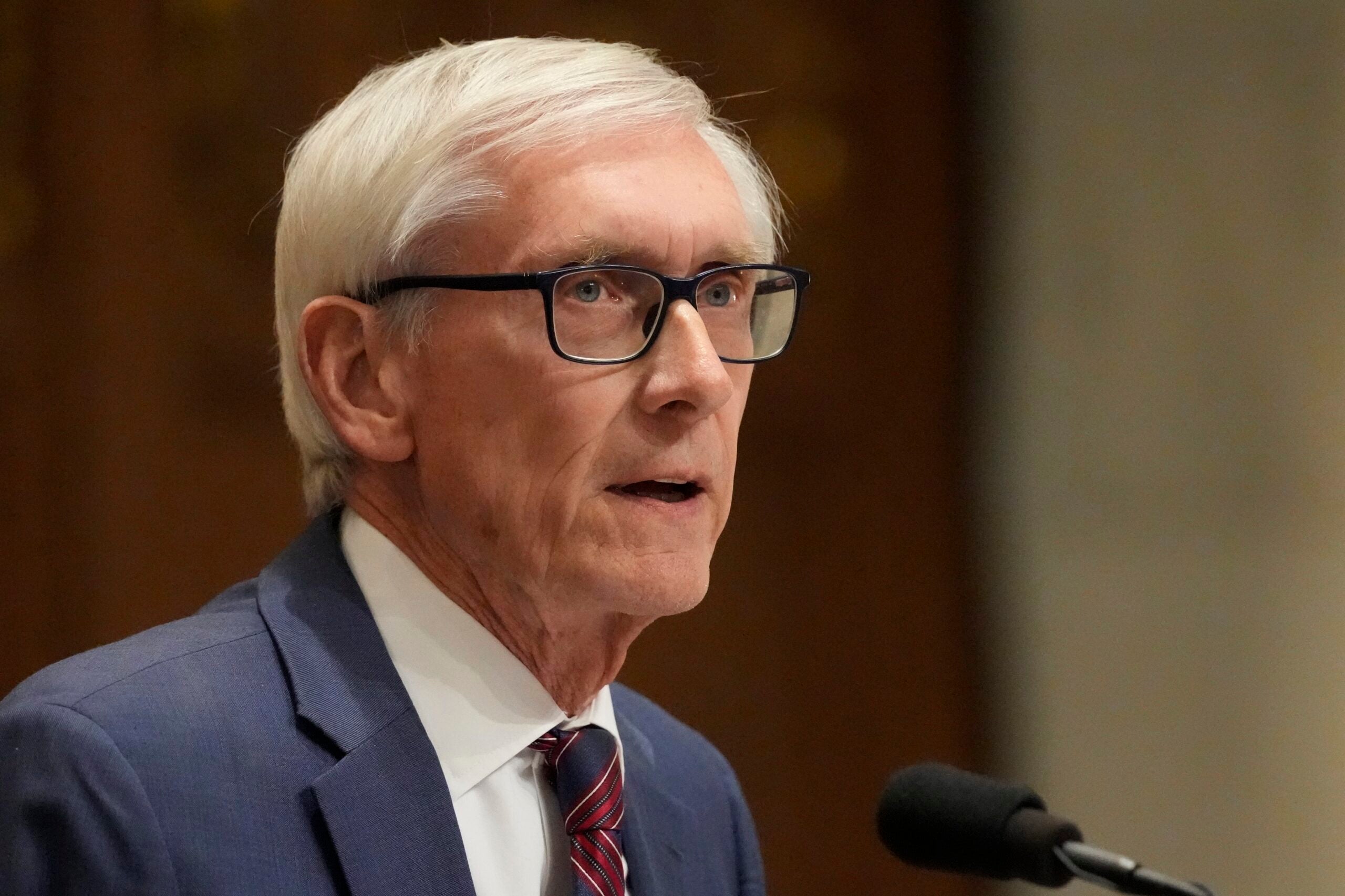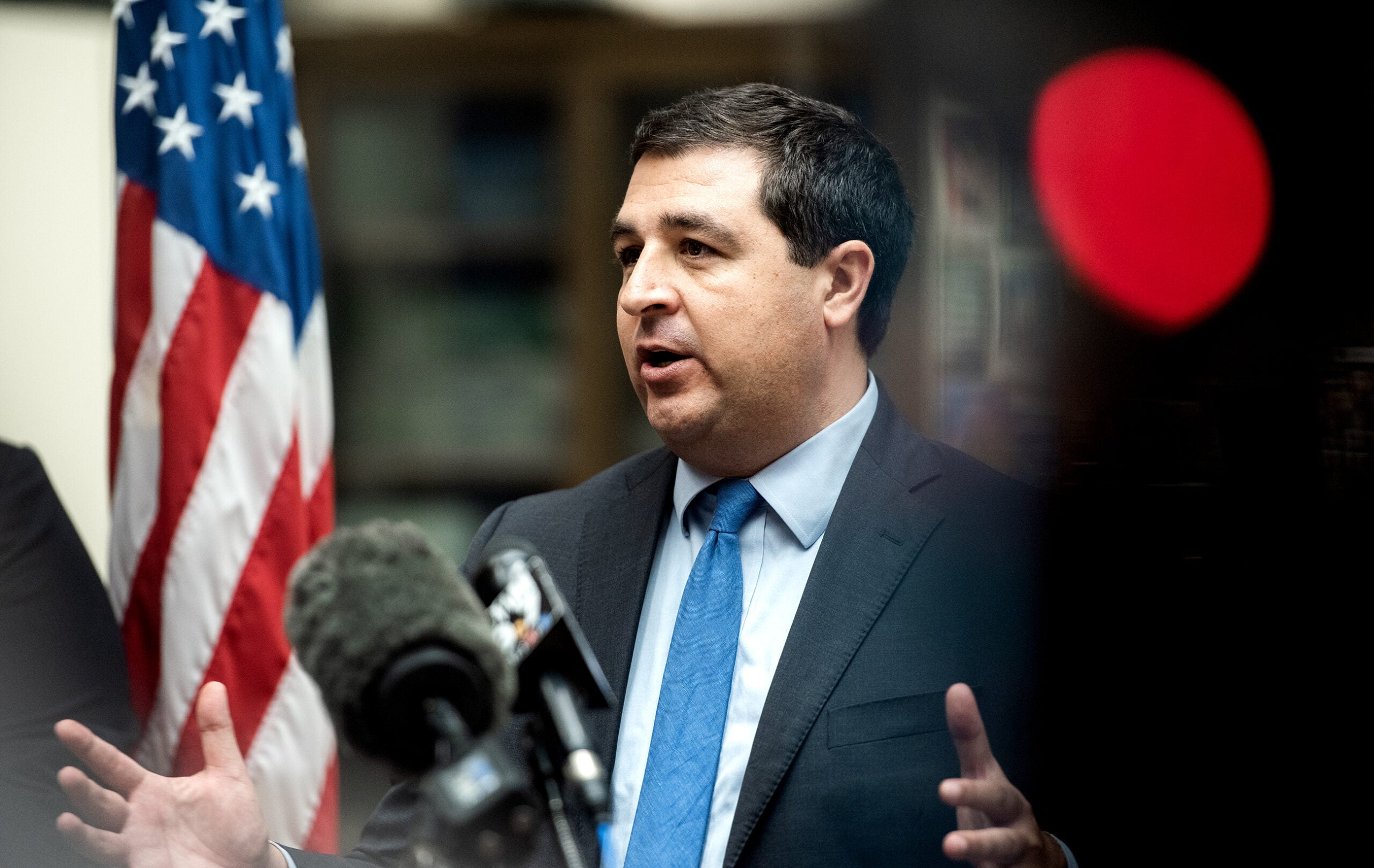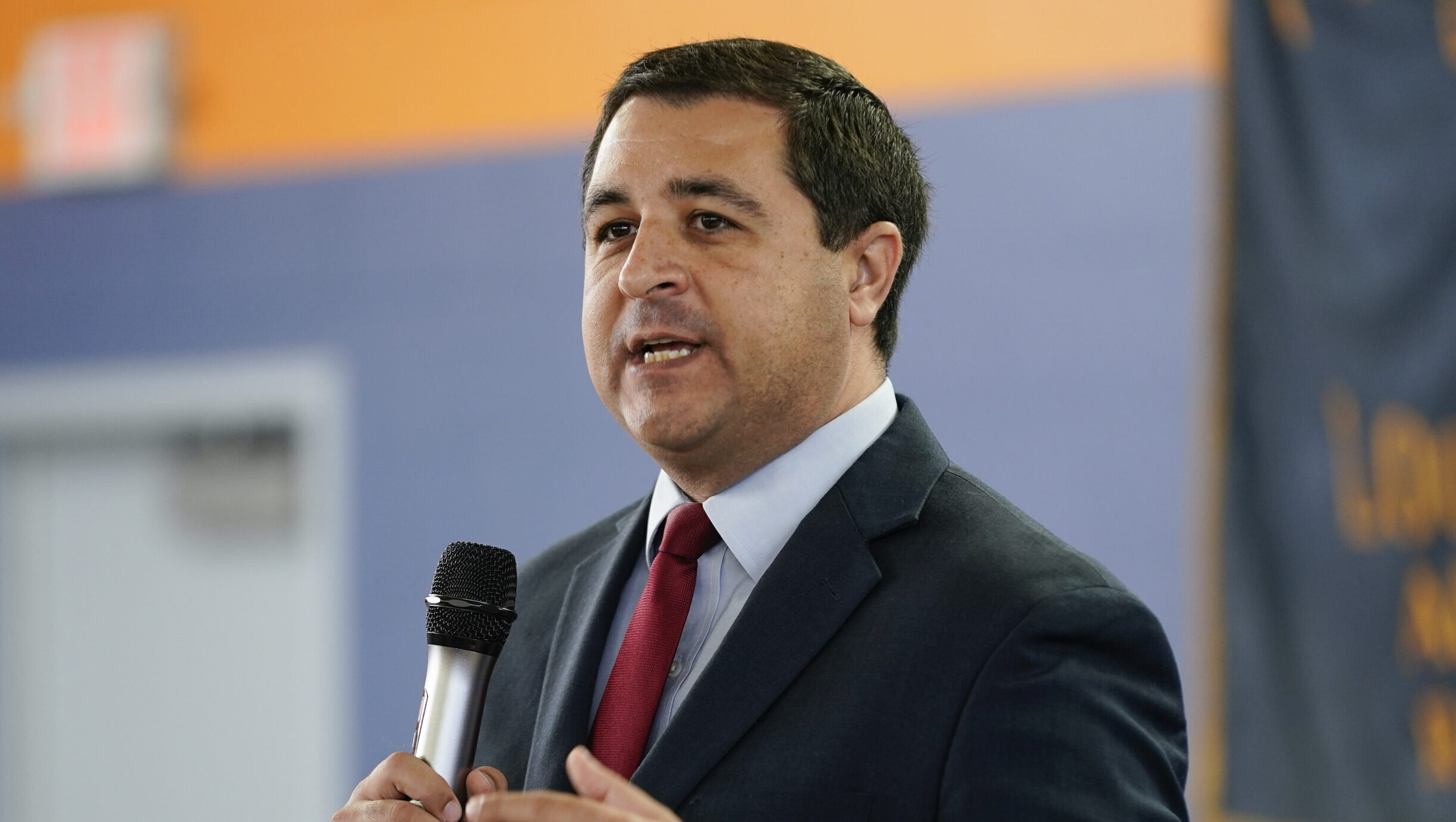A Dane County judge on Monday heard a coalition of union groups’ case against December’s lame-duck session of the state Legislature.
The groups, which include Service Employees International Union, AFT-Wisconsin and the Wisconsin Federation of Nurses and Health Professionals, argue the limitations placed on Gov. Tony Evers during the lame-duck session give lawmakers too much power over the executive branch.
“This case is about basic rules of democracy,” said Matthew Wessler, a lawyer for the unions. “Last November, the outgoing government sought to change the rules.”
News with a little more humanity
WPR’s “Wisconsin Today” newsletter keeps you connected to the state you love without feeling overwhelmed. No paywall. No agenda. No corporate filter.
The lame-duck session rolled back Evers’ ability to authorize the state’s withdrawal from federal lawsuits, including a multi-state lawsuit challenging the Affordable Care Act. Evers campaigned on removing Wisconsin from that lawsuit.
Lame-duck laws also, among a number of other things, limit Evers’ ability to change state laws that require able-bodied, childless adults to work in order to receive public benefits like food stamps and Medicaid.
“This vast overreach is so burdensome that it is clearly a violation of the separation of powers,” said Lester Pines, a lawyer for the governor. “You couldn’t write legislation that was worse in that sense.”
Lawyers also argued Democratic Attorney General Josh Kaul’s powers were inappropriately limited during the session as well.
When the laws were passed, lawmakers argued they would serve as a way to balance power between the Republican-controlled Legislature and liberal governor and attorney general.
During court arguments, the Legislature’s lawyer, Misha Tseytlin, argued to dismiss the case entirely.
Tseytlin also argued in defense of the balance of power created by the lame-duck laws. He said the legislative and executive branches work together in numerous capacities. He pointed out the state Building Commission, for example, requires action from lawmakers and the governor to approve state construction projects.
Tseytlin said lawmakers just want “a seat at the table,” and the changes allow them that.
Dane County Judge Frank Remington heard the arguments. Remington said he will issue his ruling on Tuesday.
The hearing came just days after another Dane County judge ruled the lame-duck session was unconstitutional.
That decision has made all of the lame-duck laws unenforceable. In the meantime, Evers has ordered the withdrawal of Wisconsin from the multi-state Affordable Care Act lawsuit and rescinded 82 appointments made by former Gov. Scott Walker before he left office.
That case is pending appeal before the District III Court of Appeals in central Wisconsin. That court could put the lame-duck laws back on the books as the appeal moves forward. It is expected to issue a decision on that in the coming days.
There are four lawsuits challenging the lame-duck session. One federal lawsuit focused on restrictions on early voting passed during the session. A judge ruled in favor of plaintiffs and struck down those limitations in January. That case is pending appeal.
The second federal suit, filed by the Democratic Party of Wisconsin, argues the lame-duck laws violate the U.S. Constitution’s Guarantee Clause. That clause guarantees every state the right to a republican form of government.
Wisconsin Public Radio, © Copyright 2025, Board of Regents of the University of Wisconsin System and Wisconsin Educational Communications Board.






